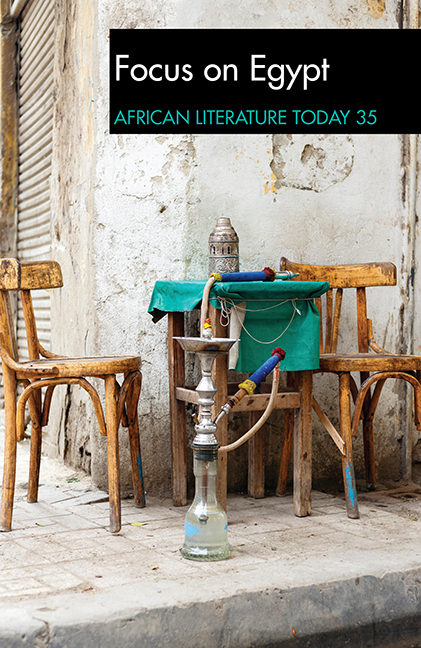Obari Gomba, For EveryHomeland
from Reviews of Nigerian Poetry
Published online by Cambridge University Press: 24 August 2019
Summary
Obari Gomba hasoften deployed his poetry to illuminate the materialrealities of the Niger Delta; nowhere in his corpus is thismore particularly evident than in Pearls of theMangroves (1999), a volumetrenchant in its denunciation of the despoliation of theoil-rich region by transnational oil corporations. However,the Niger Delta makes a passing appearance in his latestpoetry collection, For Every Homeland. Inthis volume, the world is the lens through which he casts asweeping eye across our shared (at times contested/ negated)humanity. The themes explored are familiar, and evenresonate more than ever, in this era of neo-fascism andultra-nationalism.
Gomba has sofar authored seven poetry collections, and For EveryHomeland is his seventh. He teaches Literatureand Creative Writing at the University of Port Harcourt,Nigeria, and was longlisted for the 2017 LNG Nigeria Prizefor Literature, an award for which a previous collection ofhis, Length of Eyes, was earlier longlistedin 2013. Taken together, his poetry has earned him criticalacclaim from notable Nigerian poets such as JPClark-Bekederemo, Tanure Ojaide, and Lindsay Barrett. OdiaOfeimum, another renowned Nigeria poet, has praised hispoetic vision for having ‘the freshness of aninsurrection’.
ForEvery Homeland is composed of forty-three poemsgrouped under three sections. Most of the poems run intothree or four pages; the longest is ‘The Wood Revolt’, aneight-page long poem. Poems such as ‘To Firefly’, ‘I SpeakNiglish’, ‘To See or not to See’, ‘A Few Words’, ‘Is it YourFingerprint’, etcetera, barely span two pages. The poemsdeal with death and genocide, terror and terrorism, racismand American supremacy. Family, sex, travel, and nostalgiaare also touched upon. The moods evoked oscillate betweenthe solemn and the satiric, mediated in a way that neverundercuts the urgency of the personal and the political. Thepoet's diction is precise and unencumbered, his imagerydevoid of opacity. Myth is utilised in a few poems toheighten narrative resonance, and much of the poetry ismarked by musicality, thus attesting to the poet's fidelityto lyricism.
The volumeopens with ‘Unfinished Ballad’, a poem narrating thecommunal killing of a child and the tragedies that follow.Dark and haunting, it foreshadows the motif of deathaddressed in some poems.
- Type
- Chapter
- Information
- ALT 35: Focus on EgyptAfrican Literature Today 35, pp. 313 - 316Publisher: Boydell & BrewerPrint publication year: 2017

